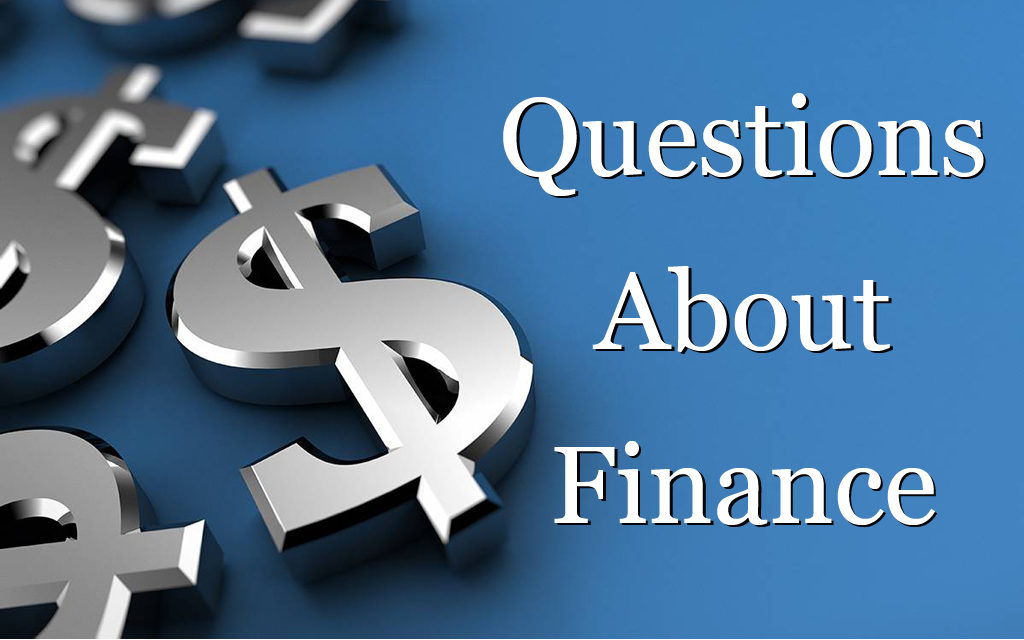Hey Taylor – I’m seeing a lot more articles about the Fed lowering interest rates (hopefully) in September. That sounds good, but I’m not sure I fully understand the impact. When rates go down, what’s actually going to happen?
Hey Eric – The rate-setting issue is something that gets discussed all the time and rarely explained, so I appreciate the question. What will happen for ordinary consumers if and when the Fed (as you said, hopefully) lowers interest rates?
–1. Mortgage rates will go down. If you didn’t buy a house recently or don’t plan to in the near future, the cost of a mortgage hasn’t been an issue. For anyone who is looking to buy a house, it’s been a big deal. People were getting 2% interest rates on their home loans for a number of years, but that shot up to 8% or higher when the Fed started hiking rates back in 2022. When you’re talking about something that costs a few hundred thousand dollars, the difference between two and eight percent is really substantial. Home buying has cooled off significantly in the last couple of years, and the buying and selling of houses is a big economic driver. When rates go down, it’s all but guaranteed we’ll see an upswing in the housing market.
–2. Bank rates will fall. As much as people long for lower interest rates on their loans, many people with online savings accounts will be sad to see their interest earnings drop. Banks have been upping people’s APYs pretty steadily over the last couple of years, but a rate decrease will put an end to and likely reverse that trend. We’re already seeing a lot of banks lowering rates on 12-month CDs. This is just the normal ebb and flow of investing—when rates are high, bonds, CDs and high-yield savings accounts are fashionable; when rates go down, it’s time to buy stocks and real estate.
–3. People will spend more. With easier access to loans, more money will be spent. New and used car prices have finally started to dip, so with better rates on auto loans the auto industry will probably get a shot in the arm. Small businesses will be able to expand more quickly and hopefully create more jobs. As long as consumers don’t spend too much too fast, the rate hikes will mostly help the economy and average Americans. If things start running too hot again, we could see inflation go back up. If that happens, the Fed will have to consider raising rates again.
After a few years with pretty high interest rates, we’ll all welcome a little relief. Hopefully, you’ll notice the difference in a positive way. Thanks for the question, Eric!
TAYLOR J KOVAR
CHIEF EXECUTIVE OFFICER
CERTIFIED FINANCIAL PLANNER™




